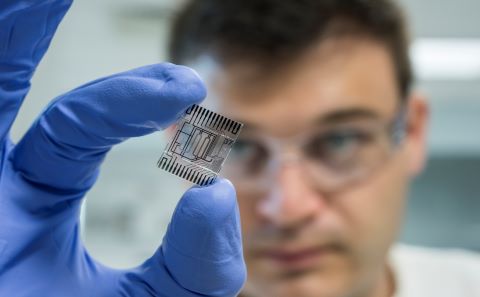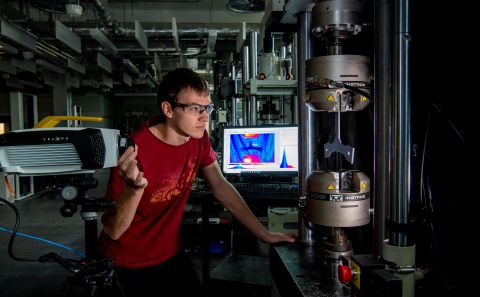Publications
Arumugam, Sasikumar, Li, Yi, Court, Katie, Piana, Giacomo, Charlton, Martin, Tudor, Michael, Harrowven, David C. and Beeby, Stephen (2021) Solution processed blue light emitting electrochemical cells fabricated and encapsulated fully in ambient environment. In 2021 IEEE International Conference on Flexible and Printable Sensors and Systems (FLEPS). IEE. 4 pp . (doi:10.1109/FLEPS51544.2021.9469849).
Arumugam, Sasikumar, Li, Yi, Pearce, James E., Court, Katie L., Piana, Giacomo, Jackman, Edward H., Ward, Oliver J., Charlton, Martin D.B., Tudor, John, Harrowven, David C. and Beeby, Steve P. (2022) Printable bifluorene based ultra-violet (UV) organic light-emitting electrochemical cells (OLECs) with improved device performance. Organic Electronics, 105, [106513]. (doi:10.1016/j.orgel.2022.106513).
Publications
Senior, Samuel, Brocklesby, William S. and Horak, Peter (2021) Capillary-based high-harmonic generation driven by different laser systems. In CLEO/Europe-EQEC 2021 Virtual Conference, 21-25 June 2021. 1 pp . (doi:10.1109/CLEO/Europe-EQEC52157.2021.9541880).
Professor Dame Wendy Hall has urged the UK to keep its foot "firmly on the accelerator" in Artificial Intelligence (AI) skills and diversity with the publication of a new independent report to guide the UK government.
The Regius Professor in Computer Science at the University of Southampton welcomed the AI Council Roadmap that sets out how the nation can be one of the very best places in the world to live with, work with and develop AI.
Dame Wendy contributed significantly to the Roadmap as a member of the UK's AI Council and also in her capacity as the country's AI Skills Champion. The Roadmap builds on the UK government's AI Review, published in 2017, which was co-chaired by Dame Wendy with Jerome Presenti, former CEO of BenevolentTech and now Vice-President of AI at Facebook.
The Roadmap summarises four pillars on which to build the UK's future in AI – Research, Development & Innovation; Skills and Diversity; Data, Infrastructure and Public Trust; and National Cross-sector Adoption - with 16 specific recommendations offered to help the government develop that National AI Strategy.
Dame Wendy, Executive Director of the Web Science Institute, says: "I am really excited to see the release of the AI Council Roadmap which builds on all the wonderful work done since the AI Review in 2017.
"The state of AI has changed much since then, and I am very much looking forward to being part of developing the ideas and recommendations described in the Roadmap. In particular, it is vital we keep our foot firmly on the accelerator with regards to skills and diversity."
Read the full story on the main news page.
Articles that may also interest you
Your 5 minute guide to Biomedical Engineering
This short video will introduce you to biomedical engineering, explain why it's an important subject to study, explores current research and development, careers in biomedical engineering and how to become a biomedical engineer.
Watch the videoJoin the next generation of biomedical engineers combining state-of-the-art engineering and biomedicine to develop new medical and healthcare technologies. You’ll learn the principles of engineering and study biomedicine on our unique degrees.
Find your Undergraduate Biomedical Engineering degree
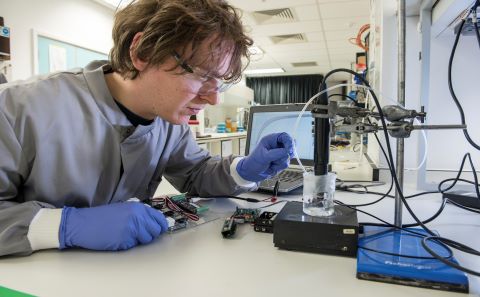
BEng Biomedical Engineering (Electronics)
Find out more
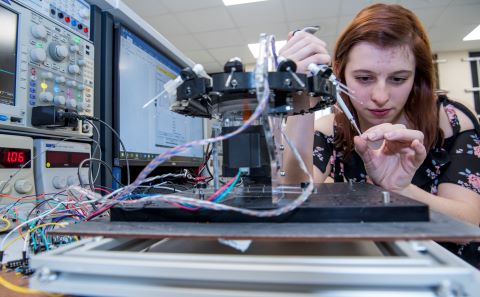
MEng Biomedical Engineering (Electronics)
Find out more
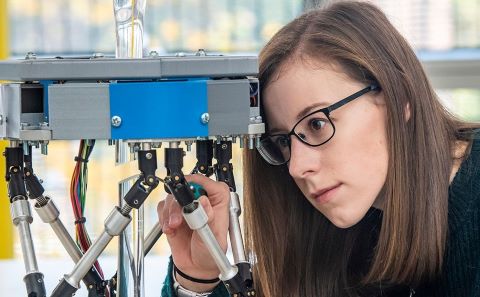
MEng Mechanical Engineering / Biomedical Engineering
Find out more
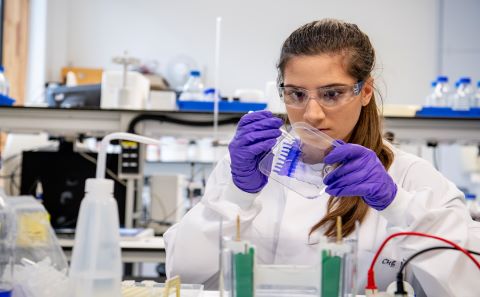
Engineering Foundation Year
Find out more
Find your Postgraduate Biomedical Engineering degree
Explore our Facilities
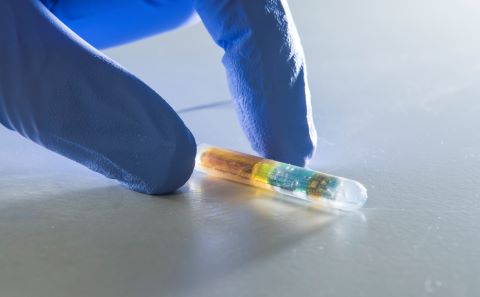
Centre for Hybrid Biodevices
Learn more about the Centre
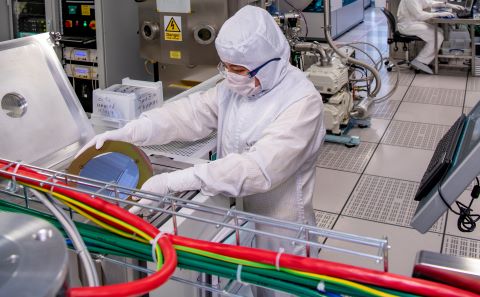
Zepler Institute Cleanroom Facilities
Discover the cleanroom
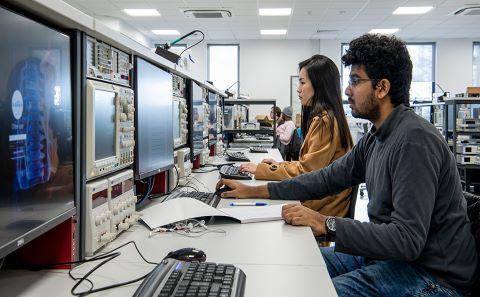
Electronics laboratories
Take a tour of our Electronics labs
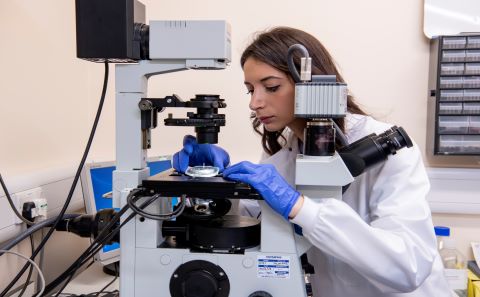
Engineering laboratories
Explore our engineering facilities
Get the student perspective
Discover why these students chose to study at Southampton.
Watch the videoTry a taster talk – Organ on a chip
PhD student Nikita Karra gives a short talk on biomedical electronic engineering.
Watch the videoGet the student perspective
Discover why these students chose to study at Southampton.
Watch the videoTry a taster talk – Organ on a chip
PhD student Nikita Karra gives a short talk on biomedical electronic engineering.
Watch the video